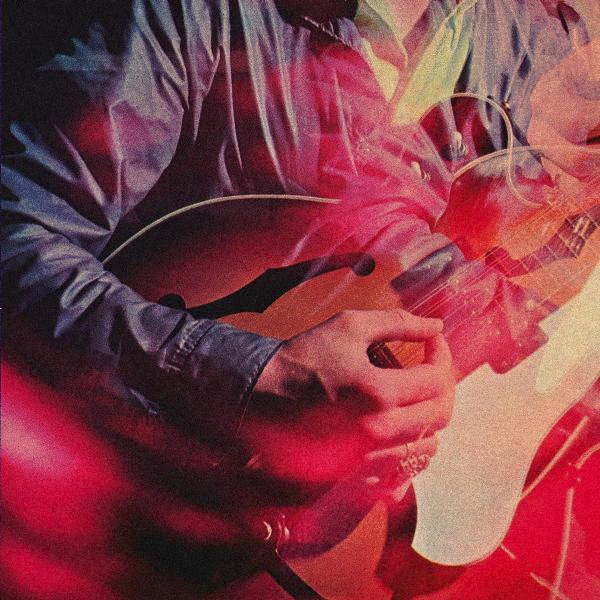Kill for Love
By Bruce 8 Comments

I didn’t know much about the Chromatics before the Drive (2011) soundtrack. I actually assumed that their instrumental contribution to the film, “Tick of the Clock” (from 2007’s Night Drive), was part of Cliff Martinez’s score. Although I had listened to Night Drive years ago, the only thing I really took away from it was the uninspired (played note-for-note, but without the fury of the original) cover of Kate Bush’s “Running Up That Hill”. Mostly it (Night Drive) was lonely synth songs coupled with lonelier instrumentals. Far too many instrumentals. (They dragged on FOREVER, too. The album version of “Tick of the Clock” is fifteen minutes long!) While “Tick of the Clock” (Chromatics’ stylistic blueprint) fit within the tense loneliness of Drive’s nighttime streets, it’s not all that interesting when the latter is absent. The Chromatics’ latest record Kill for Love is an improvement over Night Drive, but there are still too many instrumentals distracting from what the band does exceptionally well: dark, atmospheric synth pop. The gimmicky, low-pass aesthetic was occasionally intriguing on Night Drive, but here it dominates what few songs there actually are amidst the sixteen tracks.
“The Eleventh Hour”, for example, is a gorgeous piece of isolation until it blends into “Tick of the Clock” all over again. And “Broken Mirrors” does the same thing…but for seven minutes. “There’s a Light Out On the Horizon” is similarly dull, save for the endearing voicemail in the middle; other than that, it’s a static keyboard riff that never intensifies.
I did, however, enjoy the pair of pitch-adjusted ballads, “These Streets Will Never Look the Same” and “Running from the Sun”. The former is bombastically electronic (oddly the most alive song on the record), whereas the latter sibling is calmer and as emotive as a robot vocal (other than Daft Punk’s “Something About Us”) can be.
“Kill for Love” is stunning pop that rivals College’s “A Real Hero”, and I love the lyrics, too: “I drank the water and I felt alright. I took a pill almost every night. In my mind I was waiting for change / while the world just stayed the same.”
“It’s better to burn out, than to fade away,” sings Ruth Radelet on “Into the Black”, a Disintegration (1989) inspired memento for past rock ‘n’ roll heroes; one that uses Johnny Rotten’s career as an effective metaphor for beating the obscurity that comes with age.
Ironically, the pleasant “Birds of Paradise” leads to a series of tracks that can – at best – be described as self-indulgent filler. (“A Matter of Time” somehow manages to make ethereal vocals feel abrasive.) More of that same drum machine pattern, those same airy keyboards and distant post-punk riffs, and that same low-pass feel. Album closer “The River” is particularly discouraging, since it – once again – relies on the base of “Tick of the Clock” and the aforementioned formula. It’s a shame, too, because there are great songs on Kill for Love; they’re just buried by musicians better suited for condensed pop than drawn out pieces. But saying an album would be better if half of its songs were scrapped, well, it’s not exactly the best compliment in the world.
P.S. Guys: I have a video blog series on my main blog. Check it out if you're at all interested in watching me ramble for ten to fifteen minutes at a time.
